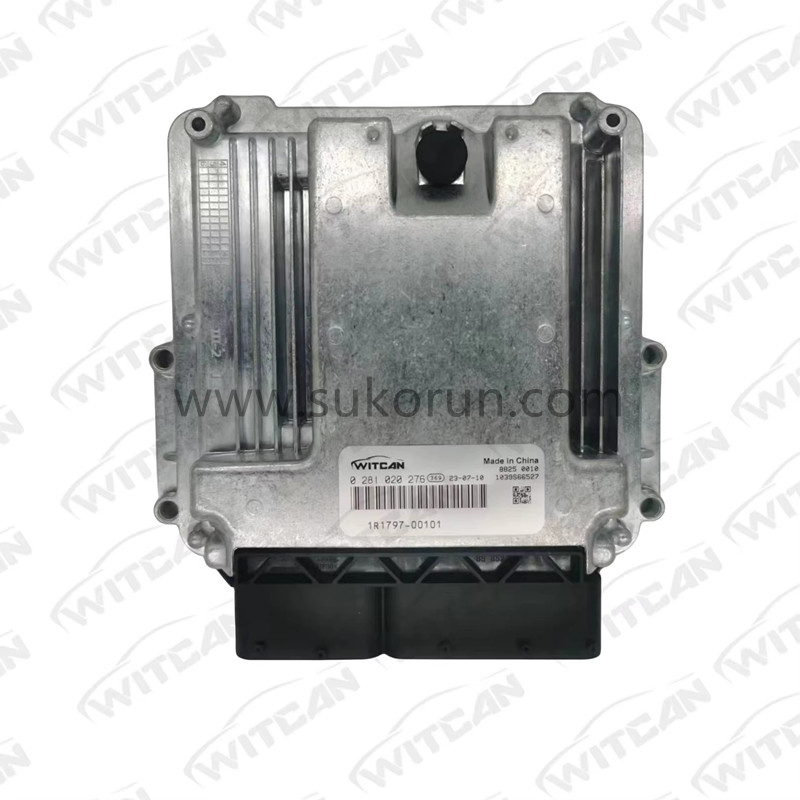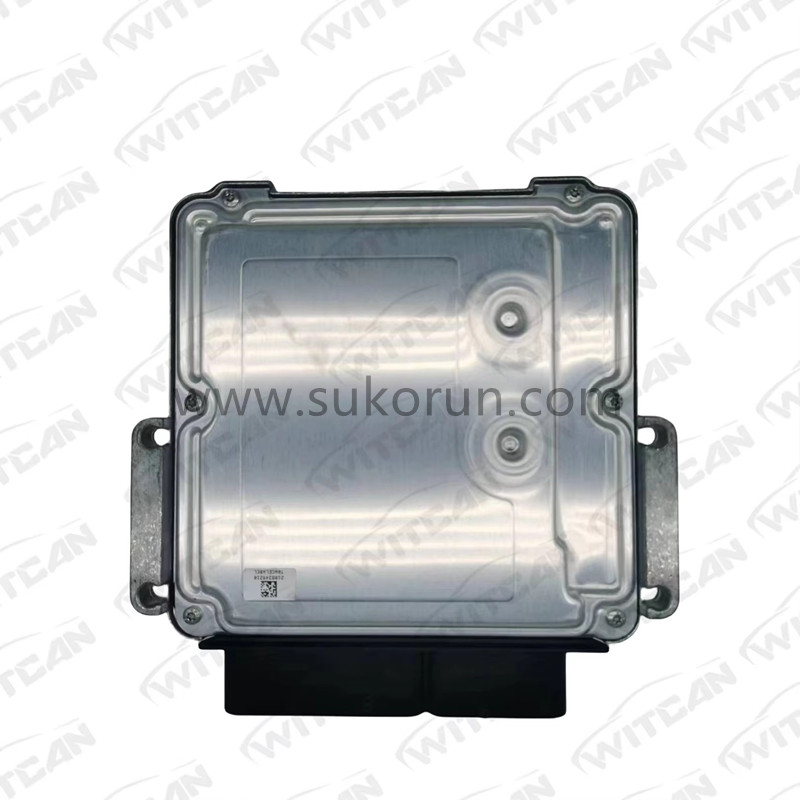PRODUCTS
ECU 0281020276 fit for Yammar Engine Truck
Product Name: ECU / Electronic Control Unit
Part Number: 0281020276
Application: for mitsubishi truck
Detail Image:


Functions
The Engine Control Unit (ECU) in a truck serves as the central nervous system for the engine, managing and optimizing various aspects of its operation. Here are the primary functions of the ECU in a truck:
- Fuel Injection Control: The ECU precisely controls the timing and amount of fuel injected into the engine’s cylinders. This ensures optimal combustion, maximizing fuel efficiency and reducing emissions.
- Ignition Timing: The ECU adjusts the ignition timing based on engine load, speed, and other parameters. This ensures that the air-fuel mixture is ignited at the most efficient moment, enhancing engine performance and reducing wear.
- Idle Speed Control: The ECU manages the engine’s idle speed, maintaining it within a specified range. This helps in reducing unnecessary fuel consumption and engine wear during idle periods.
- Emission Control: The ECU monitors and controls various emission control systems, such as the exhaust gas recirculation (EGR) and selective catalytic reduction (SCR). This helps in meeting stringent emission standards and reducing environmental impact.
- Diagnostic Functions: The ECU continuously monitors the engine’s sensors and components for any faults or malfunctions. It stores diagnostic trouble codes (DTCs) and alerts the driver or technician through dashboard indicators.
- Transmission Control: In some trucks, the ECU also controls the automatic transmission, managing gear shifts and ensuring smooth and efficient operation.
- Auxiliary Systems: The ECU may control various auxiliary systems, such as the heating, ventilation, and air conditioning (HVAC), ensuring optimal comfort and efficiency.
- Data Logging: The ECU logs various engine parameters, providing valuable data for maintenance and performance analysis.
Welcome you click here to know more infomation about us: here
